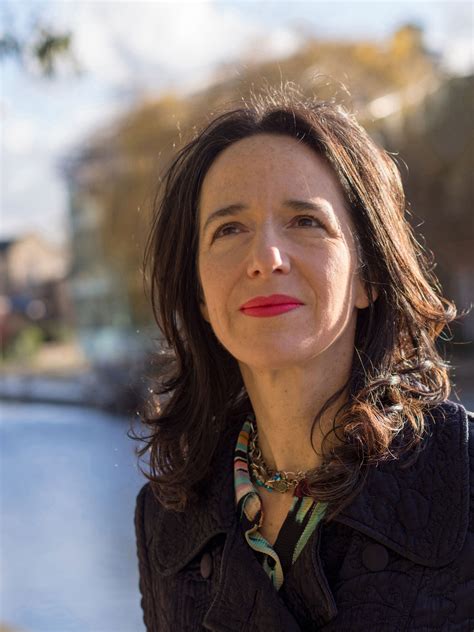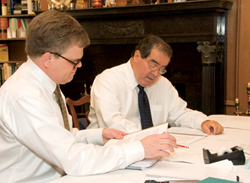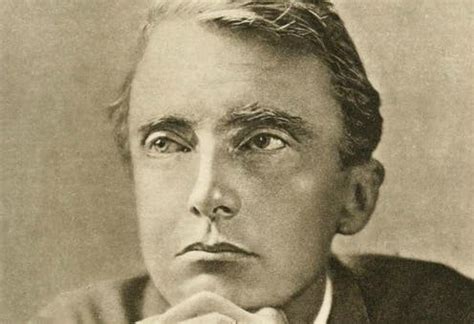A Quote by Bill Bryson
Those who sniff decay in every shift of sense or alteration of usage do the language no service. Too often for such people the notion of good English has less to do with expressing ideas clearly than with making words conform to some arbitrary pattern.
Related Quotes
A word about 'plain English.' The phrase certainly shouldn't connote drab and dreary language. Actually, plain English is typically quite interesting to read. It's robust and direct-the opposite of gaudy, pretentious language. You achieve plain English when you use the simplest, most straightforward way of expressing an idea. You can still choose interesting words. But you'll avoid fancy ones that have everyday replacements meaning precisely the same thing.
I am not yet so lost in lexicography, as to forget that words are the daughters of the earth, and that things are the sons of heaven. Language is only the instrument of science, and words are but the signs of ideas: I wish, however, that the instrument might be less apt to decay, and that signs might be permanent, like the things which they denote.
I think it's good for anybody to learn languages. Americans are particularly limited in that way. Europeans less so... We're beginning to have Spanish move in on English in the states because of all the people coming from Hispanic countries... and we're beginning to learn some Spanish. And I think that's a good thing... Only having one language is very limiting... You get to think that's the way the human race is made; there's only one language worth speaking... Well, this isn't good for English.
I remember one English teacher in the eighth grade, Florence Schrack, whose husband also taught at the high school. I thought what she said made sense, and she parsed sentences on the blackboard and gave me, I'd like to think, some sense of English grammar and that there is a grammar, that those commas serve a purpose and that a sentence has a logic, that you can break it down. I've tried not to forget those lessons, and to treat the English language with respect as a kind of intricate tool.
We want the children to conform; we want to control their minds, to shape their conduct, their way of living, so that they will fit into the pattern of society, That is what every parent wants, is it not? And that is exactly what is happening, whether it be in America or in Europe, in Russia or in India. The pattern may vary slightly, but they all want the child to conform.
James Joyce's English was based on the rhythm of the Irish language. He wrote things that shocked English language speakers but he was thinking in Gaelic. I've sung songs that if they were in English, would have been banned too. The psyche of the Irish language is completely different to the English-speaking world.
There are some people that aren't into all the words. There are some people who would have you not use certain words. Yeah, there are 400,000 words in the English language, and there are seven of them that you can't say on television. What a ratio that is. 399,993 to seven. They must really be bad. They'd have to be outrageous, to be separated from a group that large. All of you over here, you seven. Bad words. That's what they told us they were, remember? 'That's a bad word.' You know bad words. Bad thoughts. Bad intentions.
It is a mass language only in the same sense that its baseball slang is born of baseball players. That is, it is a language which is being molded by writers to do delicate things and yet be within the grasp of superficially educated people. It is not a natural growth, much as its proletarian writers would like to think so. But compared with it at its best, English has reached the Alexandrian stage of formalism and decay.
Once, BBC television had echoed BBC radio in being a haven for standard English pronunciation. Then regional accents came in: a democratic plus. Then slipshod usage came in: an egalitarian minus. By now slovenly grammar is even more rife on the BBC channels than on ITV. In this regard a decline can be clearly charted... If the BBC, once the guardian of the English language, has now become its most implacable enemy, let us at least be grateful when the massacre is carried out with style.





































